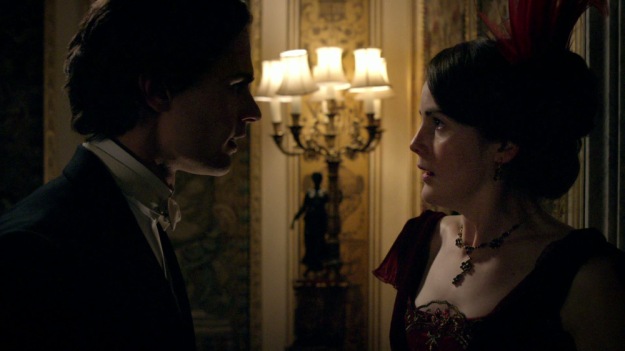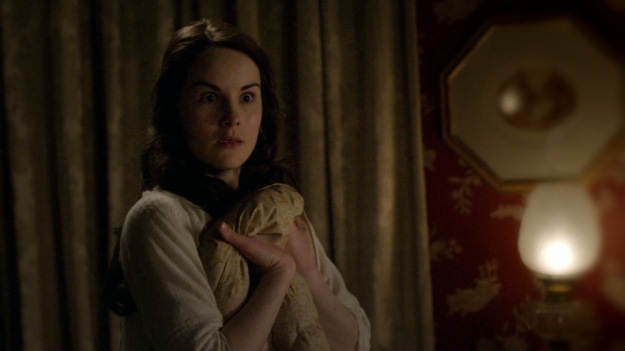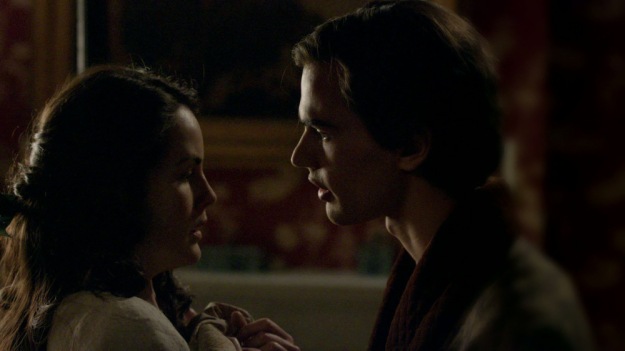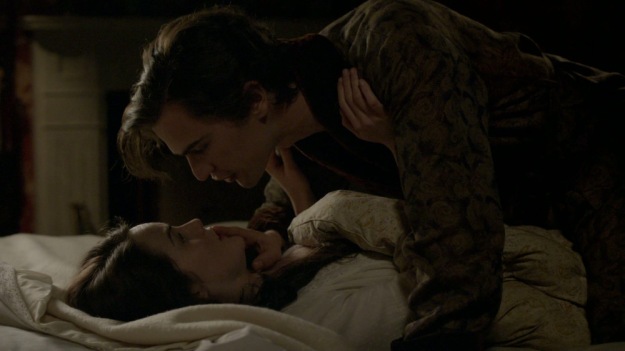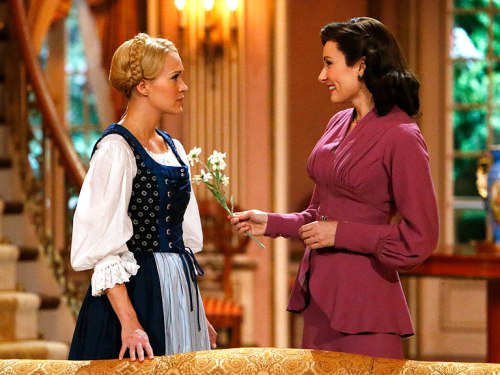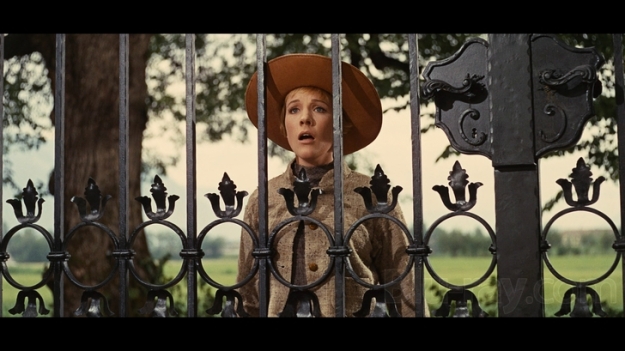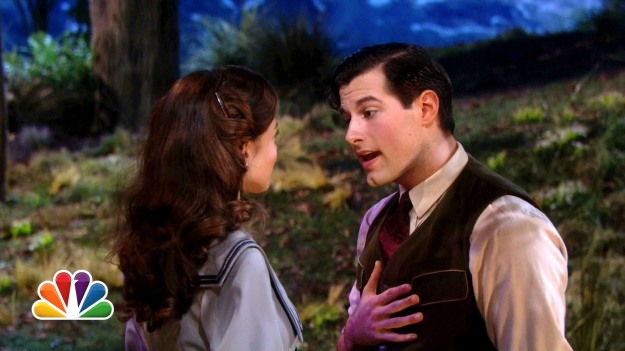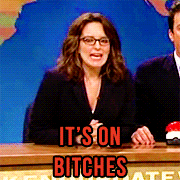Now that we in the US have concluded this season of Downton Abbey, it’s time to talk about Mary’s “desire” of suitors. Let’s have a look, shall we?

On the left, we have Tony Gillingham (Tom Cullen) and on the right, Charles Blake (Julian Ovenden). Tony is an old family friend of the Crawleys, and Blake is a government administrator who is assessing the effect of large aristocratic houses on the overall economy. On paper, they both sound like more members of this post-war suitor drought/snoozefest endured by the ladies of this era. But both men are awarded a heap of interesting plus points when we discover they served in the Royal Navy together at Jutland, the largest naval battle of WWI. And of course, we hear nothing more of this past a mere mention. *sigh*
But let’s get back to what you’re here for: MY OPINIONS.

My honest initial reaction to Tony Gillingham was ~*SWOOOOOONNN*~ from the first promo clips that were released. They looked at each other (sometimes that all it takes) and their kiss out on the Downton grounds was hot (and Mary was totally into it). It was all very angsty and romantic. He was rash, shameless, and probably a little too forward, but at least he wasn’t a wet washcloth about the whole thing, and he still managed to be sweet and adorable amongst it all. The change of romantic pace felt nice, and it brought out things in Mary for which I am totally on board. She wrestles with her need to mourn Matthew for a while longer and her utter attraction to Tony; she can’t pretend for a second that she doesn’t like him, but she also can’t pretend she’s ready to jump off a cliff after him.
It would be nice to see him support Mary through the struggles of the estate, having come from a struggling aristocratic family himself. But I wonder if that kind of storyline isn’t laden with enough drama to keep up with the usual fare on this show. I do enjoy that he was all set for a sensible marriage to the fantastically rich Mabel Lane Fox (even her name is cool) to cure his own failing estate woes, but he throws over Mabel and her money for the one he can’t stop thinking about. Part of me wants this kind of person for Mary: the one who will do even the dumbest things for love. He’s a nice contrast to Matthew, whose false honor tripped him up at almost every opportunity to be with his one true love.
Ok, moving on!

My honest initial reaction to Charles Blake was a little (a lot) like Mary’s very honest reaction. I did not feel the romance/sparks between these two initially, but I enjoyed the writing for the progress of their relationship. Though I think I have more feelings about Mary scrambling eggs than about Charles himself, the development between Mary and Charles was a delight to watch. We like when characters change their minds about each other, and that’s something Downton does well. It’s more than reminiscent of her beginnings with Matthew, and that can be seen as something going for him or against him, depending on what you, as a viewer, want for Mary. I’m not necessarily in favor of a Matthew 2.0, but his presence brought out complicated feelings on Mary’s end, and I’m pretty much entirely here for that.
Something that changed the game for Charles — in his favor or against it, again depending on what kind of man you want Mary to end up with — in the final episode of this season. Mary learns that Charles has been playing down his social status: he’s actually the heir to a baronetcy and one of the largest estates in Ulster (in present-day Northern Ireland), making him an extremely eligible bachelor and much more on Mary’s social level, even over Tony. This deus ex machina happenstance (another regular Downton move) sort of dispels, in my opinion, what Charles had going for him: his underdog status. It seems now that Tony, with not much to offer Mary outside of his undying love, is the underdog, which is not how these two were originally presented to us. (Sidenote: 10 House points to Tony for being honest and disclosing Charles’s secret status, when he could have withheld it and continued to let Mary lean in his favor. You go, Tony!)

I couldn’t say at this point which one is more right for Mary or who should be “endgame,” because I just enjoy having these two men around to act opposite Michelle Dockery. Seeing as they’re not fully-developed characters, I’m not sure that Mary going to pick one of these two sorry schmucks who are totally over the moon for her. Julian Fellowes might thank them both for helping Mary’s heart heal and then start fresh! She likes/needs what she’s getting from each of them: someone who wants to marry her on top of a mountain and someone who bickers with her in a way that ignites on screen. I’m not going to reach for things and say that Mary touching Tony’s hand is fraught with meaning or that Charles holding George for .38 seconds means that he will be an impeccable father figure. I’m just thrilled that Mary has lots of dudes hanging around her (Evelyn too!) so that she can start working out how she wants to move forward from Matthew. So whatever way it goes, I expect that it will be compelling.
